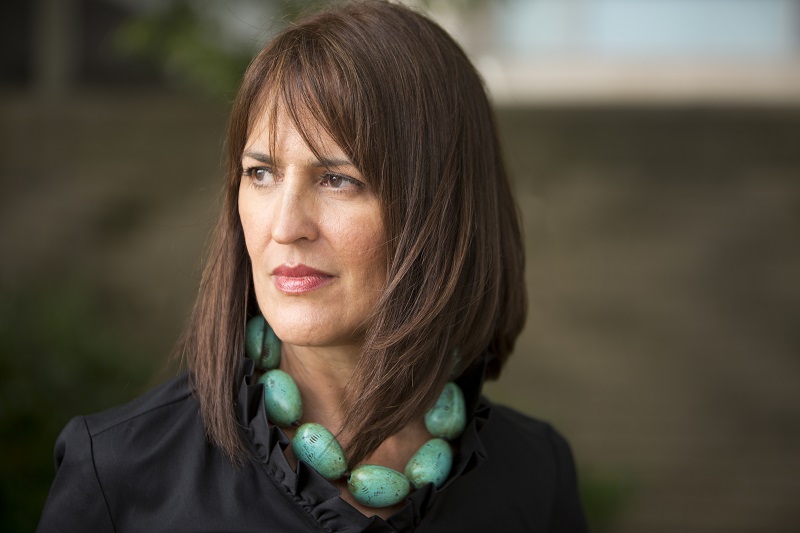
There’s only one way to describe how you feel after speaking with Dharma E. Cortés, Ph.D.: empowered.
“When you go to the doctor or the dentist and they give you a consent form to sign, do you actually read it before you sign?” Dr. Cortés gives as an example of the work she does as a Senior Research Associate at the Mauricio Gastón Institute for Latino Community Development and Public Policy at the University of Massachusetts Boston. “You probably don’t, but you should read it and ask questions before you sign it. You need to understand what you are signing, which is a huge problem if English isn’t your first language.”
Empowerment. Dr. Cortés isn’t giving you permission to read the form before you sign; she’s telling you that you must. It’s a theme she promotes in much of her work, whether it be explaining complex health care plans and issues to people who may not understand the language or the legal ramifications of coaching people to make wiser decisions when it comes to diet and nutrition.
“It’s not always a problem with language,” Dr. Cortés explained. “Sometimes there are barriers that people need to recognize and learn to work with, and that means both the patient and the health care provider.”
For more than twenty years, Dr. Cortés has been conducting community-based research with Latinos in the U.S., focusing on acculturation, health, mental health, obesity prevention, and access to healthcare, including health insurance coverage. She also has been a principal investigator, co-investigator, and consultant to numerous studies on the delivery of health care services funded by the National Institutes of Health, the Centers for Medicare and Medicaid Services, the Robert Wood-Johnson Foundation, and many others.
Dr. Cortés works diligently to investigate health issues—locally, nationally, and globally—to find ways to ensure the people she works with are getting the help they need. Sometimes her job involves meeting face-to-face with people to explain some basic health care rights, like the consent form issue, and some involve finding ways to use technology to bring better health to people’s lives.
“We’re developing a mobile app that helps people make better health decisions when they go grocery shopping,” she gave as an example. “There is so much misinformation bombarding you when you go to the grocery store, particularly when it comes to advertising, that people need a way to see past all that to really understand if the food they are buying is healthy or not.”


